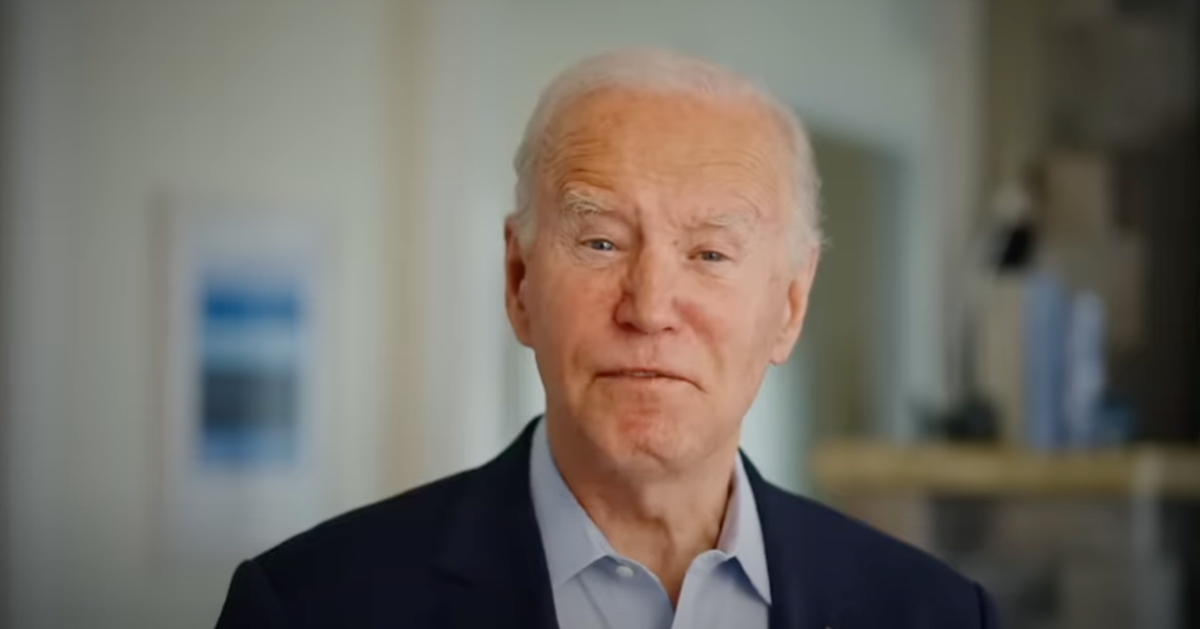Kamala Harris Faces Setbacks in Key Campaign Moments
Sen. Kamala Harris' recent campaign rally in Houston faced unexpected challenges as an anticipated performance by Beyoncé turned into a mere endorsement, Daily Mail reported.
The rally, held on a Friday night, was expected to feature a performance from the pop icon, but Beyoncé's appearance was limited to voicing her support for Harris without singing.
The missteps began when Harris announced that Beyoncé would join her during campaign events this week, fueling speculation among many media outlets that Beyoncé would perform. Instead, Beyoncé took the stage only to clarify, stating, "I'm not here as a celebrity, I'm not here as a politician, I'm here as a mother." This appeared to be a blow to the Harris campaign, which has promoted itself with themes of "good vibes" and "joy."
Adding to the disappointment, this is the second time a high-profile appearance by Beyoncé has resulted in a non-performance. Similar rumors swirled during the Democratic National Convention in Chicago earlier in July, leading to a shared sentiment of frustration among attendees.
Beyoncé's Non-Performance Raises Questions
The rally was not just a singular event but a reflection of broader issues in the Harris campaign. Critics comment that Harris' campaign has resulted in missed opportunities and waning support from traditionally strong allies, including liberal media outlets that have refrained from their usual endorsements.
The Los Angeles Times and Washington Post chose not to endorse Harris, breaking with their long-standing tradition of backing Democratic candidates. Political analysts and commentators question whether these choices may have been motivated by the Harris campaign's lack of substantive momentum compared to previous Democratic figures.
Adding to Harris' challenges are unfavorable poll numbers, revealing diminishing support among critical groups such as rank-and-file union members and non-college-educated men. These trends each contribute to an increasingly difficult electoral landscape for Harris.
Challenges in Key Electoral Battleground States
In critical battleground states, Harris is reportedly underperforming compared to former Democratic candidates like Joe Biden and Hillary Clinton at similar points in their campaigns. The Real Clear Average of polls indicates Trump holds slight leads in these pivotal states, raising concern for the Harris campaign.
Harris' stance on pressing issues such as immigration has also faced scrutiny. With Canada's Prime Minister Justin Trudeau highlighting challenges with immigration policy, Harris has inherited a complicated narrative on the subject within the U.S., potentially impacting voter sentiment.
Observations from political commentators, including former Obama campaign adviser David Axelrod, have pointed to Harris' handling of tough questions as another area of vulnerability. Axelrod noted Harris' propensity to resort to vague or confusing responses during significant public interactions, such as her recent CNN town hall.
Pressing Issues Affecting Public Perception
Harris is also attempting to win over voters concerned with the ongoing Gaza conflict. Arab American voters, particularly in Dearborn, Michigan, have viewed her alignment with President Biden as lacking clarity, which has affected her support among them.
Further highlighting the campaign’s struggles, Harris’ appearance on RuPaul's Drag Race did not result in an expected boost from socially conservative voter bases. The perceived lack of authenticity and focus continues to be a critical issue for the campaign at this late stage.
These challenges are compounded by a perception that Harris' campaign relies too heavily on superficial tactics, such as social media content and celebrity endorsements, without engaging deeply with pressing national concerns. Observers argue that the campaign's focus should shift to substantive policy discussion to regain ground.
Efforts to Address Campaign Criticisms
Despite these challenges, Harris remains committed to her campaign trail, with efforts underway to build stronger connections with key voter demographics. The campaign is increasingly prioritizing direct voter engagement and clearer communication on policy positions.
Looking ahead, the emerging strategy will likely involve a recalibration of the messaging and a focus on building trust with undecided voters. Key to reversing the campaign's fortunes will be the ability to refocus efforts and stabilize the overall election narrative.
As the November election approaches, there remains time for the Harris campaign to address these missteps. Yet, it faces a complex electoral map and rising skepticism from both media and voters, necessitating immediate and impactful adjustments.






